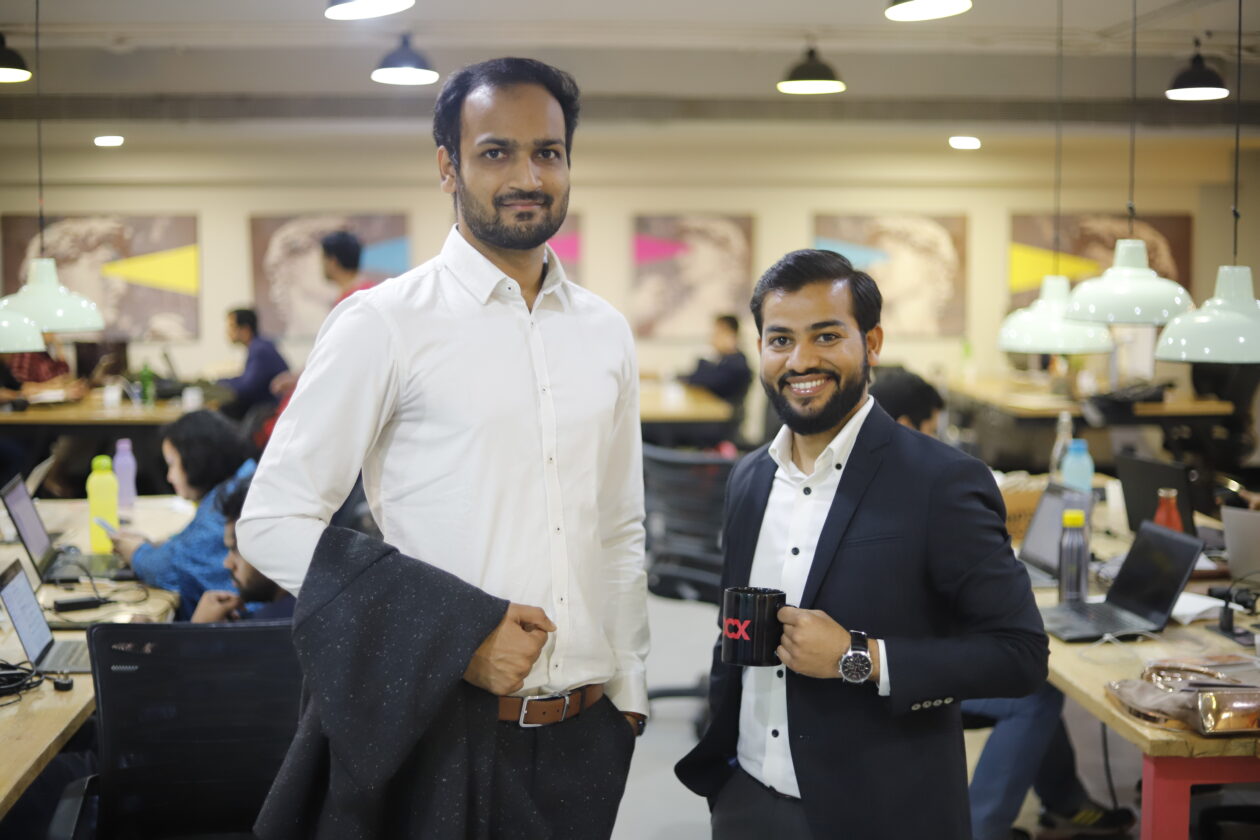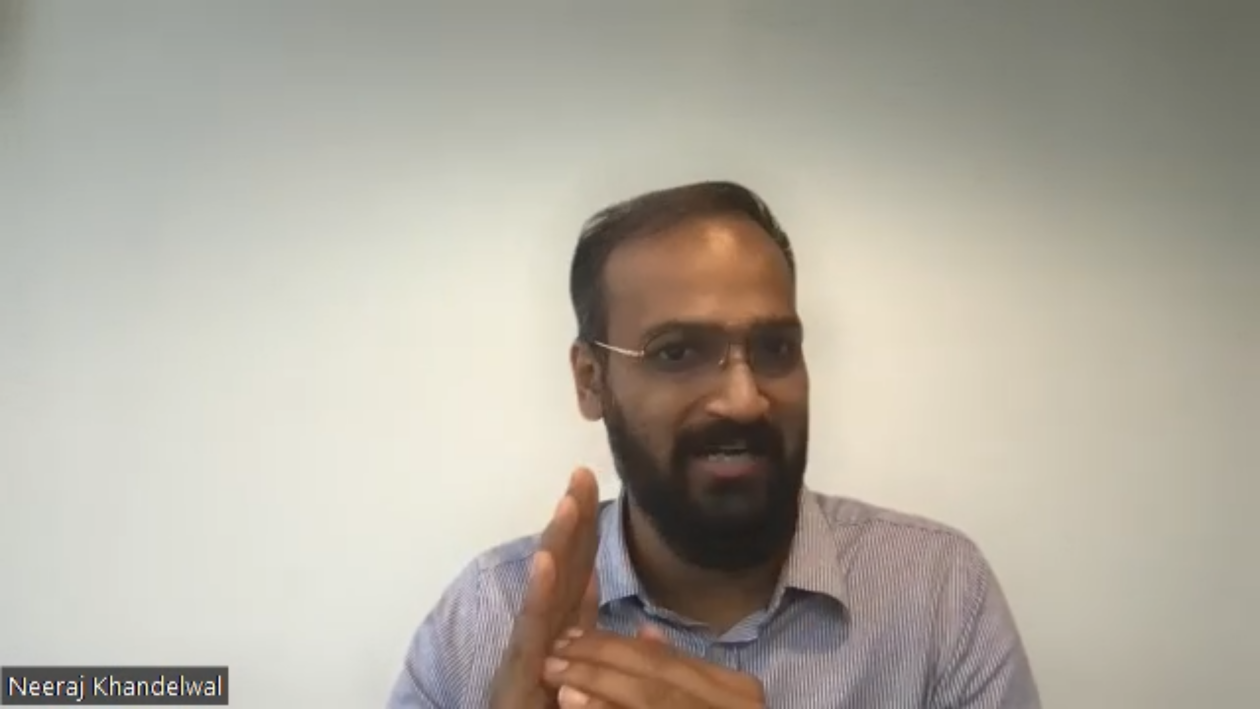CoinDCX, a Mumbai-based cryptocurrency exchange that raised US$135 million in an April funding round, said it plans to hire hundreds of staff this year to prepare for demand for decentralized finance (DeFi) products.
Traditional financial assets like stocks, bonds, gold and real estate are likely to trade on DeFi platforms over the next two to four years and the company needs to be ready, Neeraj Khandelwal, co-founder of the exchange, told Forkast in an interview.
Besides hiring, CoinDCX will use some of the funds raised in April to launch DeFi products and services and invest in compliance and risk management, he said, without breaking down the spending.
CoinDCX, India’s first crypto unicorn that was valued at US$2.15 billion after the funding round, plans to hire 300 staff by the end of the year to join the 700 it has now, Khandelwal said. It is looking for people across various teams to build the brand, add products and strengthen security.
“In DeFi, security can never be overdone. So we will be hiring,” he said. DeFi platforms run on blockchain networks and are regarded as an emerging technology that will bring lower costs, speed, and privacy to financial transactions.
Despite the complexity of many current DeFi applications, a growing band of financial institutions are exploring the technology. The Monetary Authority of Singapore started a program called Project Guardian this year with JPMorgan Chase and DBS Bank to evaluate DeFi and so-called asset tokenization, or a means to digitize fixed assets to make them more liquid.
DeFi is a very efficient financial system and mainstream or traditional assets need to be on it so DeFi can expand and succeed, Khandelwal said, adding that eventually every crypto company will have a DeFi unit. “That is how the crypto universe will evolve,” he said.
CoinDCX, which said it has about 15 million users, launched a mobile wallet app called Okto last week that the company said allows access to more than 100 decentralized applications.
The drawback
However, how DeFi develops will depend on governments and regulators properly understanding how it works, Khandelwal said. “Only then movement of real world assets onto DeFi is possible,” he said.

India’s government remains hostile to cryptocurrencies – as does Singapore – and has introduced a 30% tax on all crypto income as well as a 1% tax deducted at source on transactions above 10,000 Indian rupees (US$125).
“Of course the taxation is high but we welcome it because in some ways it legitimizes the industry,” Khandelwal said.
But the Reserve Bank of India, the central bank and regulator, still favors a ban on cryptocurrency transactions in the country.
The users
Despite the hostility, a report by Seychelles-based cryptocurrency exchange Kucoin said as of June, India had as many as 115 million crypto investors, or 15% of the Indian population aged 18 to 60 years. The report said these investors had either held or traded in crypto in the past six months, despite the high taxes.
A separate report last year said India’s crypto industry has the potential to add US$184 billion of economic value to the country by 2030 by way of investment and lower costs.
That report, “Crypto Industry in India,” was published in September by the country’s National Association of Software and Services Companies with the crypto exchange WazirX. It added that crypto companies in India then employed 50,000 people and forecast that could rise to more than 800,000 by the end of the decade.
While these reports point to reasons for optimism and Khandelwal puts a positive spin on taxes, trading volumes at India’s major cryptocurrency exchanges slumped as much as 70% after the 30% tax kicked in on April 1, according to a report by crypto researcher Crebaco.
This has also brought increased volatility.
Daily trading volume at CoinDCX in August hit a high of US$7.14 million and a low of US$1.13 million, according to data from crypto index tracker Nomics.com. Its peer WazirX in the same month saw daily volume drop from US$15.80 million to as low as US$1.13 million.
Still, Khandelwal said investor interest remains, despite the current bear market that has seen crypto prices fall around the world.
Maximum growth happens when there is a bull run, but a bear market is the time to build, Khandelwal said.
“You don’t get time when things are all good and rocketing. That’s not when you build the best of products.”





